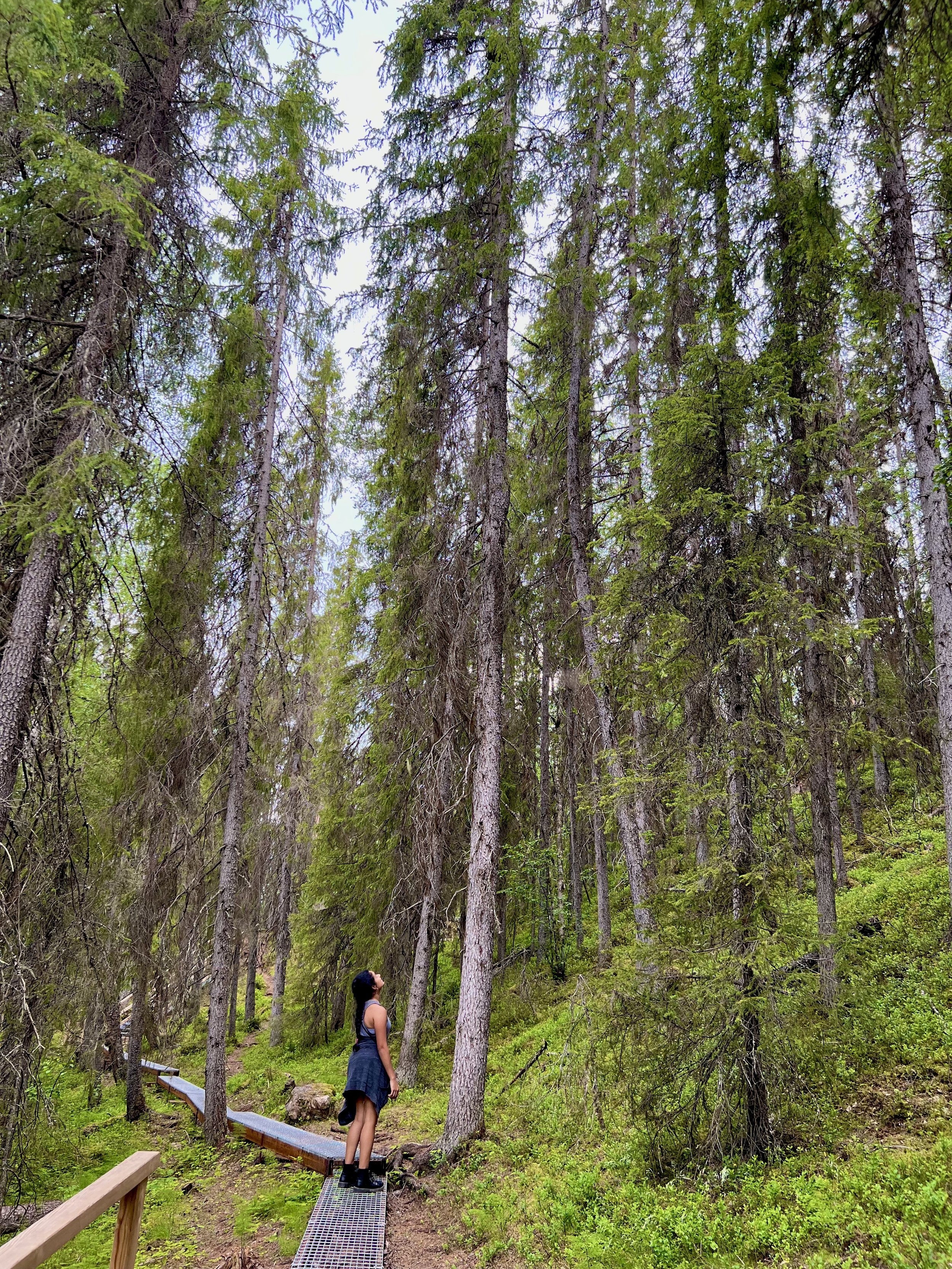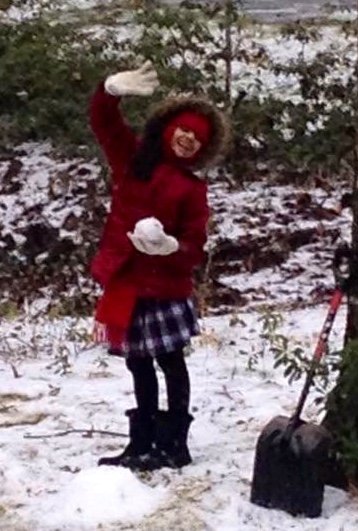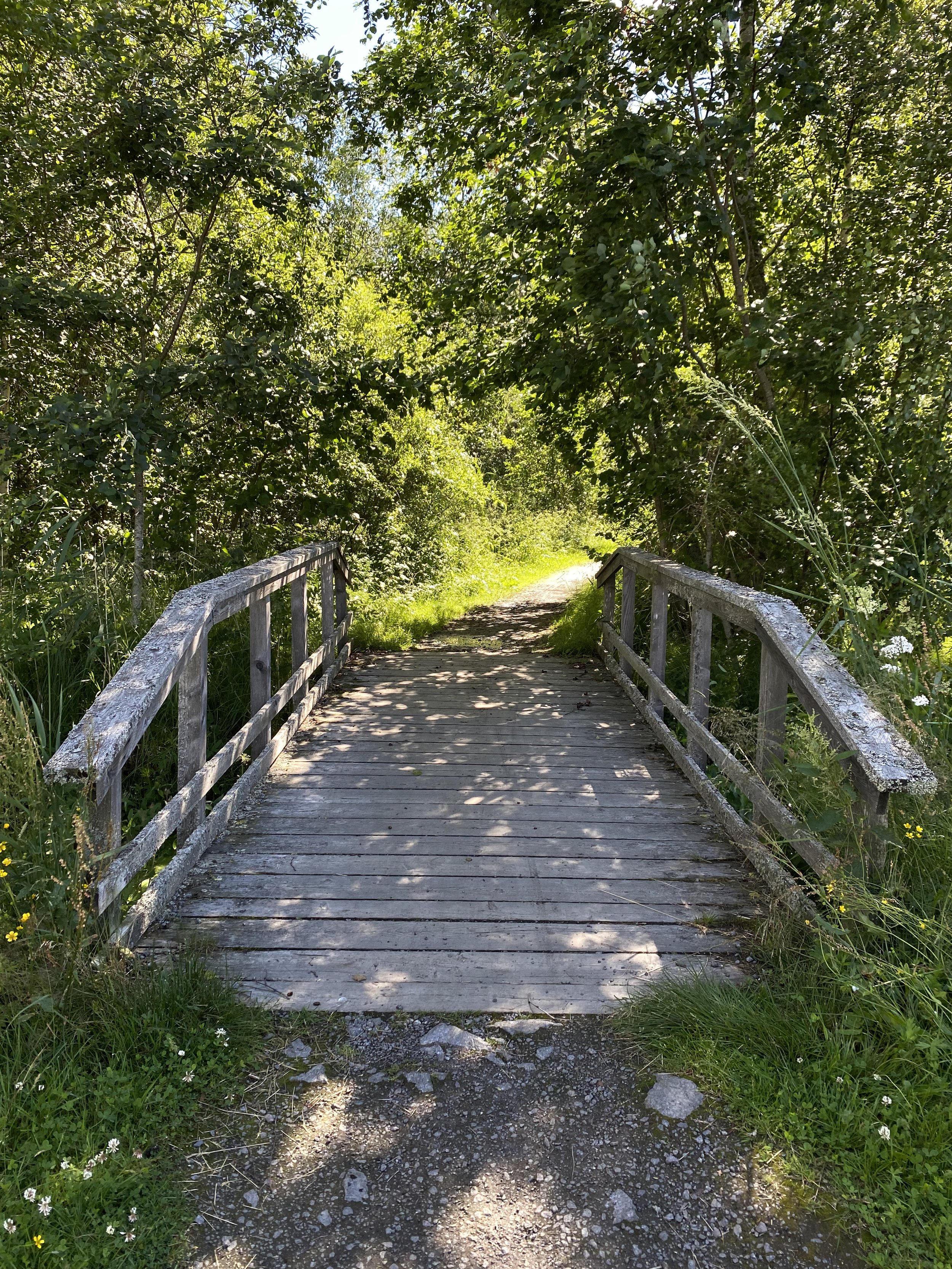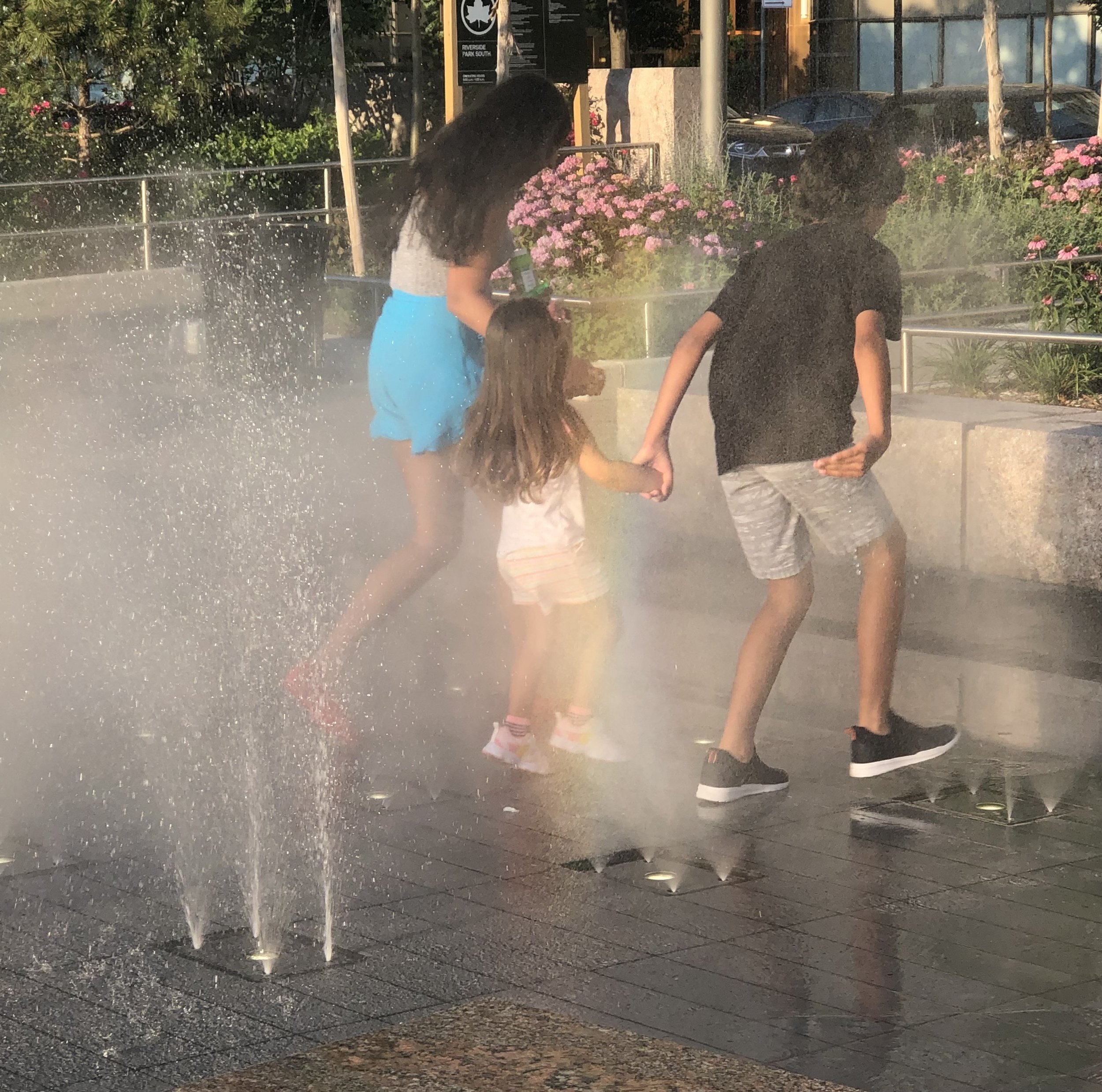Beings of Earth: Reflections on Nature and Home
“We are made of star-stuff. We are a way for the universe to know itself.” — Carl Sagan
Humans are specks of stardust. That’s what people say, at least — that the iron in our blood, the oxygen in our lungs, the network of every atom in our bodies were celestially made long before our planet even came to be. We remain tied to the cosmos.
But I think that sells us short. To be a speck of an infinite universe makes us infinitesimally small, linking us to little else.
We constantly look to the galaxies, whether to put a flag on the Moon or to search for alien life or to learn more about the origins of our existence. It’s understandable—our irises mimic nebulas and the foundation of our bones was made out there; a sort of intrinsic pull urges us to search the stars, battling with the gravity that keeps our feet planted. We seek for what makes our cosmic backyard, and in doing so, we often neglect what comprises our home.
I say humans are beings of Earth. I choose to think about how, while the galaxy may have made us, the Earth is what has shaped us.
The ridges of our fingertips are the same as the tree trunks, the lines of our palms identical to forest canopies, the veins against our skin intersecting just as roots weave through the ground. In the thralls of our emotions, we taste the ocean in our tears and hear our laughter in the wind. We create sparks with our touch the same way lightning splits the sky; the pores of our skin are sunlight through dappled leaves; and when we smile, lines form at the corners of our eyes like flower petals crinkling as they age.
Our world is so uniquely special. It is reflected by us, and us by it in turn. We are made to know, to engage, to love our surrounding environment, because it has been woven into the very fabric of our souls.
Since childhood, we have had the privilege of pushing our toes into the dirt and dancing in the rain and scraping our palms against the trees we try to climb. We chase the simplest sunsets and the most tempestuous storms, aware of their dichotomy and enamored all the same. We get to be snowflakes and sunflowers — existing in perfect inimitability yet collectively drawn to turn our faces to warmth. We may choose to lie on our backs and gaze at the stars, and still, we close our eyes, sinking into the caress of grass against our cheeks and the embrace of the Earth below.
While we search the skies for something bigger, Mother Earth holds us to her, proving that we are where we need to be. Our home has always been here.
Recently, though, home has been a little harder to find.
Fingerprints have been burned away and canopies have come crashing down and veins have been ripped from the soil. The ocean has grown angry, removing the shore from under our feet; and the wind has lost its laughter, suffocating the air with dust that cuts at empty ears. Speckled shade fails to block the heat as leaves shrivel under the sunlight from which we, too, turn our faces away.
We have been watching the world begin to grow barren. As it does, we lose touch with the precious connections that comprise who we are. We stop playing barefoot in the grass, running into the rain, finding freedom in the natural world how we used to do on instinct. We are so similar to all that surrounds us, but what surrounds us is changing.
Consequently, we have been looking back to the galaxy. The stars are harder to see past a haze of pollution while we wonder if water exists on Mars or how long humans can survive in outer space. Losing something so crucial to our existence has instilled a reasonable fear that our lives may no longer be possible on this planet. Biodiversity declines and ecosystems fail, oceans rise and forests fall, temperatures spike and plummet while climate-consistency fades; and it has become more feasible to lose hope than to enact change strong enough to offset the impacts made by the wealthy, the politicians, the corporations, and the industrialists. Those with the appropriate influence have been standing by. And in a sad, unfortunate way, it makes sense.
Things are too different now. Simple phrases trigger furious debates, and ideologies take precedence over action. It’s not as easy anymore—to see the natural world solely for what it is, rather than an economic prospect or a barrier to expansive development. The environment has been turned into a puzzle piece, for which some take care to find a place, and others disregard entirely.
Many of us may be on that path of indifference. It is no longer instinctual to step outside and feel tied to the Earth. To be in nature is now different than to be one with it. But it doesn’t mean we should stop trying, fighting, hoping.
Small steps are a start.
We can attune ourselves to the way bees think humans are interesting flowers, approaching with intrigue and accepting us as a place to rest their wings. We can listen to how the forest hushes what it does not house, leaving us in a gentle silence we never find ourselves trying to fill. We can realize how our feet become swallowed in sand as the tide washes over them, letting the world hold us in place, keeping us still for a moment to just be.
We can search for what we are starting to lose. And I choose to believe we are all capable of protecting it, too. If anything, it’s our right and our responsibility to do so.
Humans may be specks of stardust, but we are also reflections of nature and children of our planet.
We are a way for the universe to know itself. We are a way for the Earth to love itself, too — everything it gives and everything it cares for. To preserve our planet is to preserve the very nature of our being.
That connection is worth keeping.
You are so much more than a negligible piece of the universe. Help protect our home.
The Nature Conservancy’s petition for world leaders to act on climate change
The Nature Conservancy’s petition to preserve natural landscapes
The Natural Resources Defense Council action page (with climate change petitions ranging from agriculture to transportation)
Graphic by Olivia YoungPhoto Courtesy of Shaanti Dasgupta 


